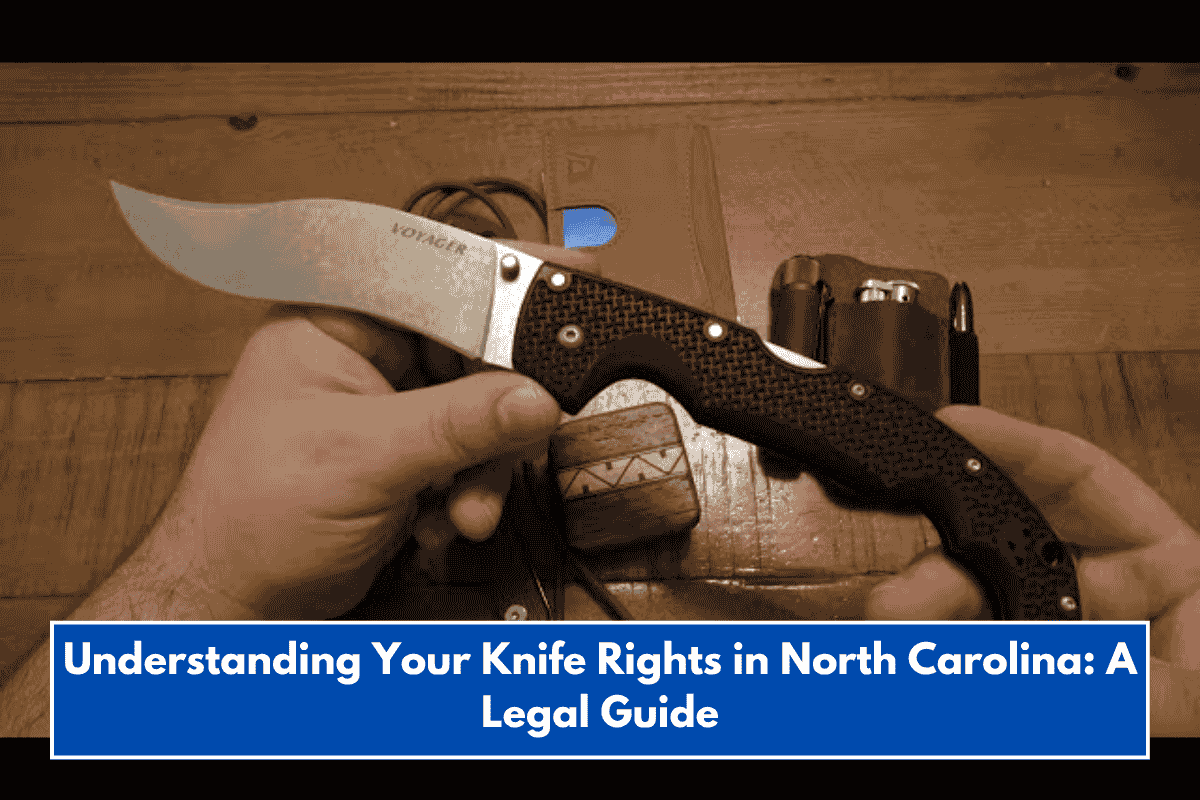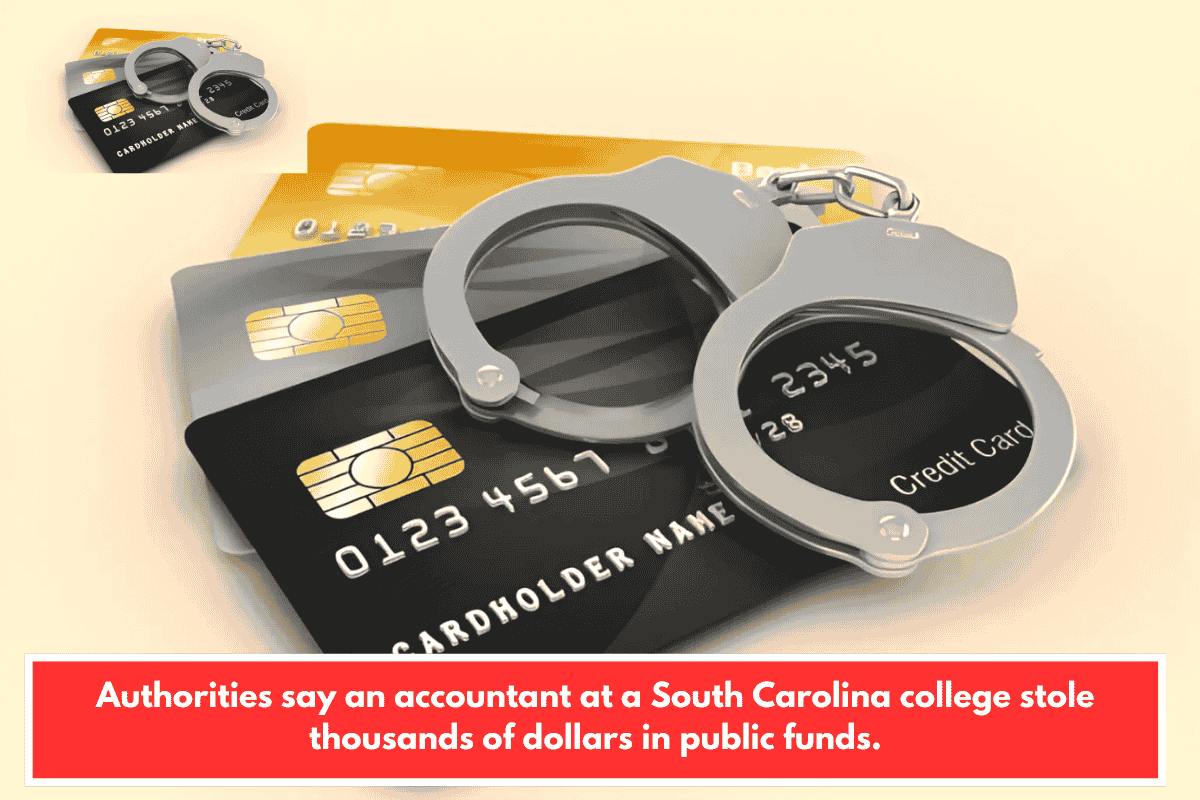- Most knives are legal to own in North Carolina, including bowie knives, dirks, daggers, and other common blades. There are no broad restrictions on possessing these knives at home or in your collection.
- Ballistic knives (spring-loaded projectile knives) are prohibited for civilians to own, sell, or transport. Law enforcement agencies are exempt for training and evidentiary purposes.
Open Carry
- Open carry of knives is generally legal in public spaces. You may openly carry most types of knives, regardless of blade length or style, except for ballistic knives.
- Exercise caution when openly carrying large or intimidating knives, as this may attract law enforcement attention in certain settings.
Concealed Carry
- Concealed carry laws are stricter. It is illegal to carry concealed about your person any bowie knife, dirk, dagger, razor, or other deadly weapon of like kind.
- Ordinary pocket knives are an exception. North Carolina law defines an “ordinary pocket knife” as a folding knife with a blade less than four inches long, which locks only when fully opened and is carried in a closed position. These may be carried concealed, except on school property.
- A new law (House Bill 439, effective December 1, 2025) expands the definition of an ordinary pocket knife to a folding knife with a blade not more than six inches long, carried in a closed position.
- Concealed carry of knives is allowed under certain circumstances if specific requirements are met, but you cannot carry a concealed knife in locations where concealed handguns are prohibited.
Restricted Locations
- It is illegal to bring any sharp-pointed or sharp-edged instrument, including ordinary pocket knives, onto school property, whether concealed or not.
- Other restricted locations include courthouses and government buildings.
Penalties
- Violating concealed carry laws for knives is a Class 2 misdemeanor, punishable by up to 60 days in jail and a discretionary fine. If the violation occurs in a restricted location (like a school), it can be a Class 1 misdemeanor, with up to 120 days in jail.
- Upon conviction, the knife may be confiscated and disposed of by the court.
Exceptions and Defenses
- You may carry concealed knives on your own property.
- There are legal defenses for carrying knives concealed if you are engaged in legitimate activities like hunting, fishing, or farming, and the knife is used for that purpose.
Minors
- Selling or giving bowie knives or dirks to minors is prohibited, but ordinary pocket knives are exempt from this rule.
Summary Table: North Carolina Knife Laws
| Category | Open Carry | Concealed Carry | Notes |
|---|---|---|---|
| Most knives | Legal | Restricted | Concealed carry of “deadly weapons” banned |
| Ordinary pocket knife | Legal | Legal (with limits) | Blade <4″ (6″ after Dec 2025), closed |
| Ballistic knives | Illegal | Illegal | Prohibited for civilians |
| Schools & courthouses | Illegal | Illegal | No knives allowed |
| On your property | Legal | Legal | No restrictions |
Bottom Line:
North Carolina allows broad knife ownership and open carry, but concealed carry is tightly regulated. Know the type of knife, how you’re carrying it, and your location to stay compliant with state law.
SOURCES
[1] https://lrs.sog.unc.edu/bill-summaries-lookup/H/439/2025-2026%20Session/H439
[2] https://www.ncleg.gov/Sessions/2025/Bills/House/PDF/H439v1.pdf
[3] https://www.couteaux-morta.com/en/north-carolina-knife-laws/
[4] https://tkellknives.com/knife-laws-in-north-carolina-your-guide-to-legal-carry/
[5] https://www.ncleg.gov/Sessions/2025/Bills/House/PDF/H439v2.pdf














